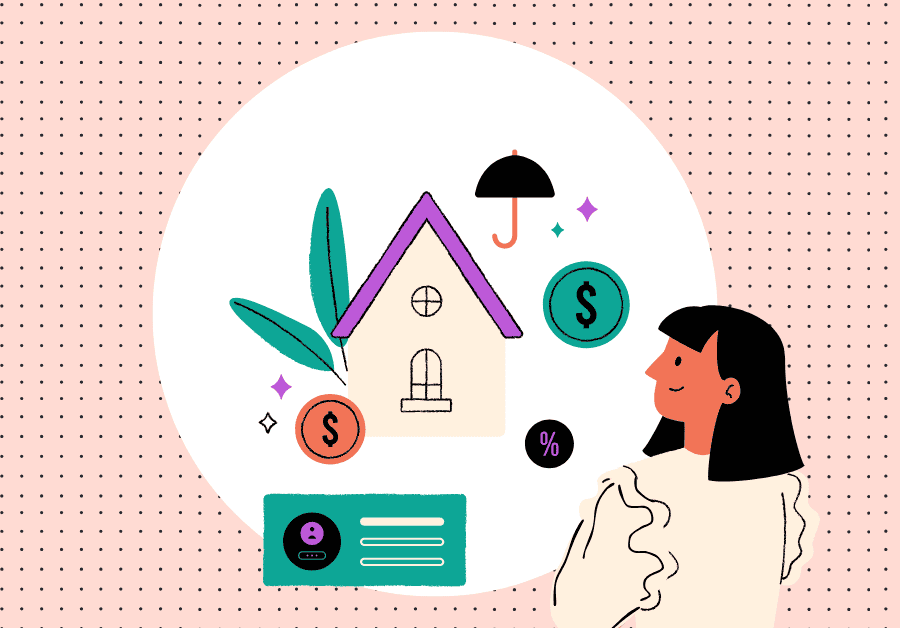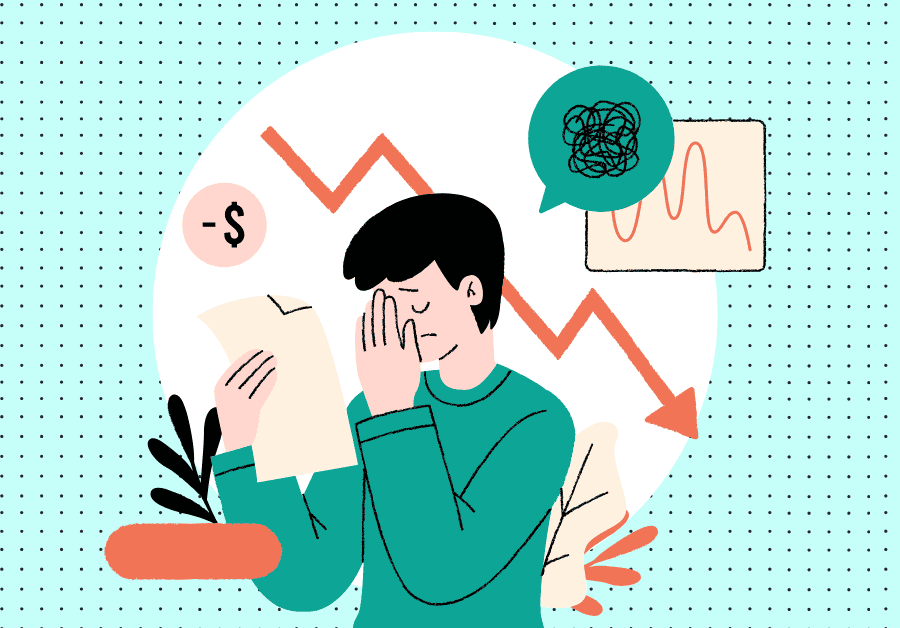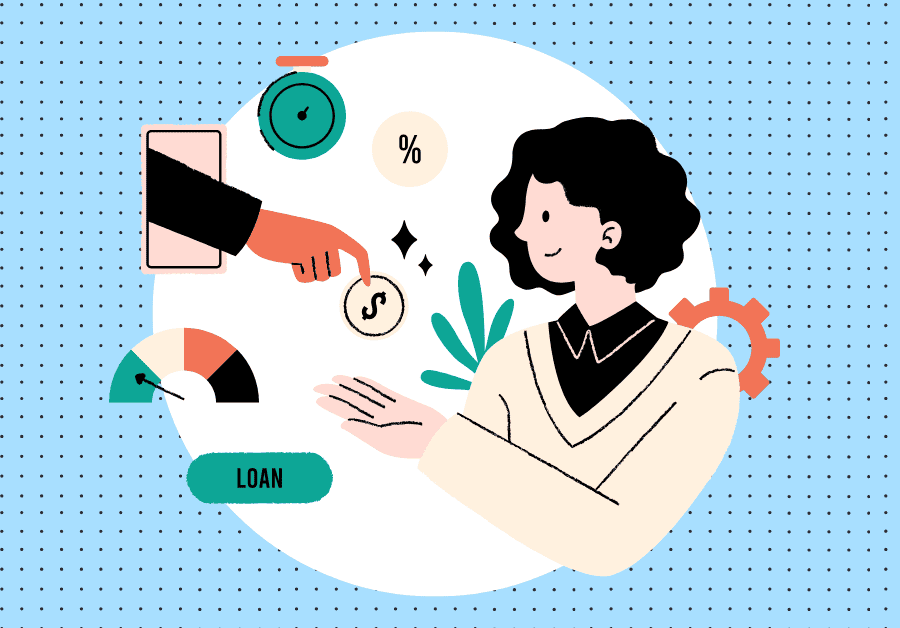What You Need to Know About Good and Bad Debt
Debt can feel like a heavy word.
It’s one of those things that many people would rather avoid. But not all debt is bad. In fact, some types of debt can actually help build a more secure future. The real question is how do you know the difference?
It’s important to understand when debt can help, when it becomes harmful, and how to borrow wisely if you need to.
Borrow now for a better tomorrow
Many of us would struggle to buy a home or start a business without borrowing money. In these cases, taking on debt is a tool that allows you to invest in your future, and over time, that investment can pay for itself.
A mortgage, for example, is a big responsibility. But you’re building something solid. Instead of paying rent forever and chasing your landlord about the boiler, you’re working towards owning your home. Similarly, a loan to start a business or gain new skills can lead to more income and stability.
That’s what we call good debt. It helps you earn more, build assets or reach long-term goals. It works with you to earn more in the future.

Debt that drags you down
Some debt doesn’t build anything. It just creates stress.
That’s the kind of borrowing used to buy things you couldn’t really afford and maybe didn’t need, like that new outfit or a garden gadget that now lives in the shed.
It’s not wrong to enjoy life. But when you borrow for things that don’t last or weren’t planned, you’re borrowing from future-you. And future-you might not be thrilled.
Credit cards are especially sneaky. That £500 shopping trip can turn into £900 if you only pay the minimum balance due to high interest rates. By the time it’s paid off five years later, the suit’s at the charity shop, the shoes have holes, and the only thing you’re still using is the debt.
A small loan today can quietly become a big burden because of the compounding interest. That’s the problem with bad debt. It doesn’t add value, it just adds pressure.
Borrowing isn’t always the problem
Debt becomes a problem when there’s no plan.
If you know how you’ll repay it, and it fits your budget, debt can be useful. But if repayments are more than you can handle, or you’re borrowing to cover everyday spending, it’s a warning sign.
Some borrow just to get through the month. Others borrow for a simcha and are still paying it off when the next one comes around.
If you’re unsure, that’s often a sign to pause or explore other options. Even just thinking through the questions helps you feel more in control.

A healthy relationship with debt
Used carefully, debt can support your financial goals. But it should never be the plan.
If it helps you move forward and doesn’t add stress, that’s a good sign. If it’s taking over your finances, it’s time to get help.
At Mesila, we work with families across the community to help them take control of their finances, including managing existing debt. You don’t have to manage it alone and you can get support to create a plan that works for you.
The goal is not to live without any debt at all. It’s to be in the driver’s seat, making decisions that support your future and values.
